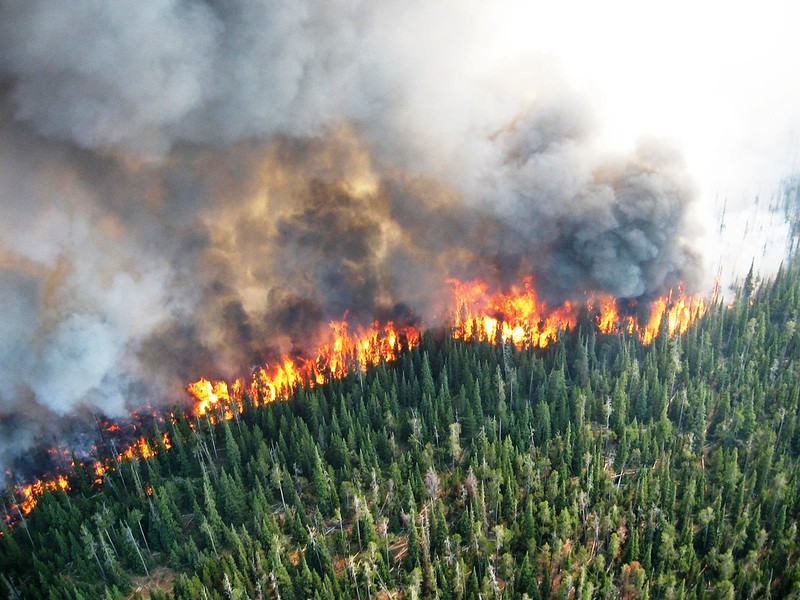 Did you know that Montana’s emissions were recently found to be equivalent to those of Argentina, the Netherlands, or Pakistan?
Did you know that Montana’s emissions were recently found to be equivalent to those of Argentina, the Netherlands, or Pakistan?
Montana is one of the largest coal and gas producers in the U.S. and derives one-third of its energy from burning coal.
Since 2011, Montana law has prevented officials from considering the environmental impacts of large projects. In May 2023, the law was amended to make it illegal for the state to evaluate emissions and corresponding climate impacts when approving new projects.
Recently, youth aged from 5 to 22 won a landmark lawsuit against the state of Montana, condemning the state's greenhouse gas emissions. Since most of the youth are minors, a non-profit called Our Children’s Trust (OCT) filed the lawsuit on their behalf.
How Did The Trial Unfold?
 Montana Judge Kathy Seely ruled in favor of the youth, stating that Montana’s greenhouse gas emissions are proven to be harmful to the environment and youth.
Montana Judge Kathy Seely ruled in favor of the youth, stating that Montana’s greenhouse gas emissions are proven to be harmful to the environment and youth.
Montana’s constitution establishes that a clean and healthy environment is an inherent right. OCT lawyers argued that a provision in Montana’s Environmental Policy Act violates Montana’s constitution, by forbidding state consideration of environmental impacts when providing permits to fossil fuel companies.
During the trial, the plaintiffs testified to climate events that they have witnessed such as increased water temperatures, wildfires, and changes to indigenous ways of life. The 16 plaintiffs testified that the effects of the climate crisis have caused mental and physical anguish, and climate experts outlined the links between burning fossil fuels and climate-related disasters. Even psychiatrists and pediatricians testified to the effects of climate change on youth.
However, just because the youth won this case, it doesn’t necessarily mean that the ruling will stand. Montana plans to appeal the ruling to the Montana Supreme Court.
Why Is This Historic?
This ruling is the first of its kind. But more people all over the world are attempting similar legal actions. Children, women, local communities, and indigenous peoples are all trying to change laws to be more climate-favorable. According to a 2023 study, more than 50% of the cases that have been ruled on were in favor of the climate.
While this case is the first of its kind to be won, it's not the first to exist. The cases of Juliana vs. the U.S. Government and the lawsuit against 32 countries in the European Court of Human Rights were other efforts by youth to hold their governments accountable.
In Arkansas, a case attempted to stop a highway expansion due to potential emissions but failed due to an assertion that the plaintiffs didn’t demonstrate that they would suffer irreparable harm. A group of elderly Swiss people called The Club of Climate Seniors, were concerned by the government’s failure to take the climate crisis seriously, and accused the government of not protecting citizens. Unfortunately, their attempts failed.
The success of the Montana case may have set a major precedent for courts all over the world. More than 70 pages of the ruling contain science that can be cited in future lawsuits. Let’s hope that this trend continues and that courts will begin ruling in favor of the climate and citizens all over the world!
Sources: NPR, NY Times, Al Jazeera, Washington Post, Columbia.edu







